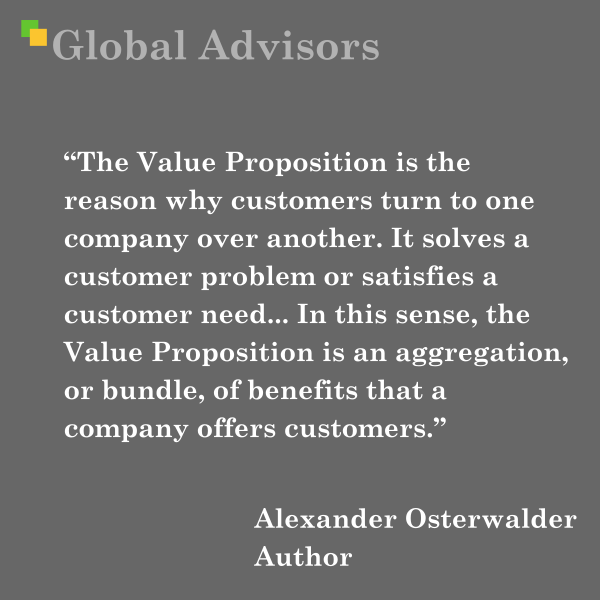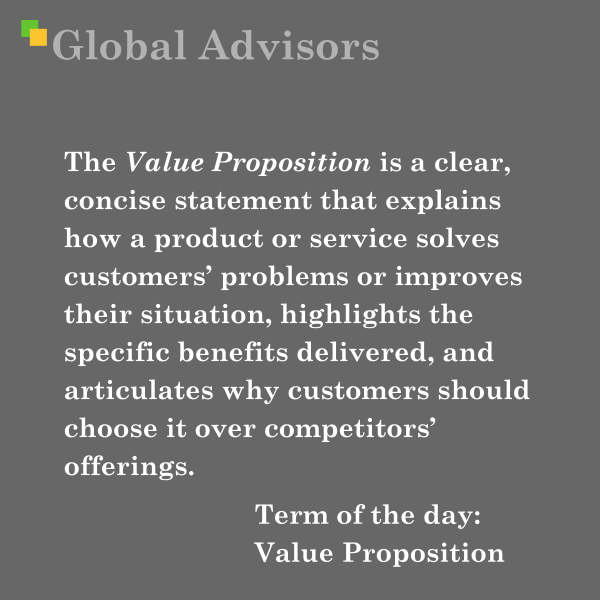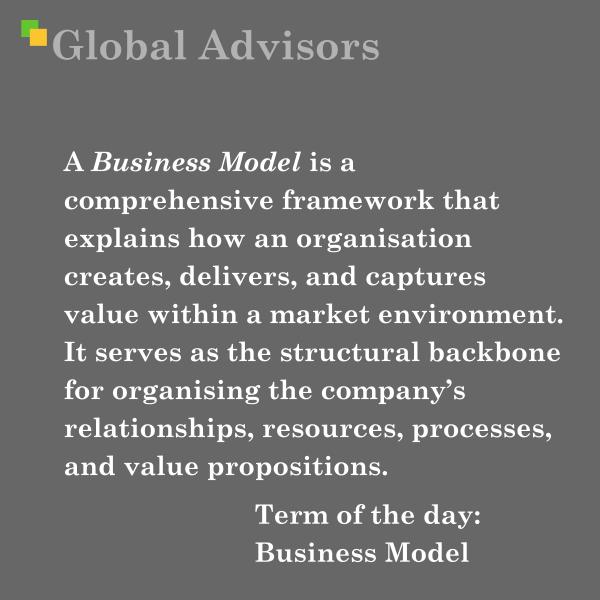“The Value Proposition is the reason why customers turn to one company over another. It solves a customer problem or satisfies a customer need. Each Value Proposition consists of a selected bundle of products and/or services that caters to the requirements of a specific Customer Segment. In this sense, the Value Proposition is an aggregation, or bundle, of benefits that a company offers customers.”
– Alexander Osterwalder, Business Model Generation: A Handbook for Visionaries, Game Changers, and Challengers
Alexander Osterwalder is recognized as one of the most influential voices in modern business strategy and innovation. Born in Switzerland in 1974, Osterwalder began his academic journey with an MA in Political Science from the University of Lausanne and went on to earn a PhD in Management Information Systems. His doctoral thesis, “The Business Model Ontology,” laid the groundwork for what would become his most celebrated contribution: the Business Model Canvas—a visual framework now used worldwide to clarify, communicate, and innovate business models.
Osterwalder’s thinking centers on providing systematic, accessible tools for organizations to navigate increasingly complex markets. With the Business Model Canvas, co-created with Professor Yves Pigneur, Osterwalder offered a practical, visual language to identify key elements of any business—including the crucial “Value Proposition.” This component addresses the heart of why customers choose one company over another by aggregating products and services to solve specific customer problems or fulfill unique needs.
The quote featured in “Business Model Generation: A Handbook for Visionaries, Game Changers, and Challengers” encapsulates Osterwalder’s belief that a company’s success is rooted not just in what it sells, but in its ability to deliver real, distinctive value to a specific customer segment. This insight was formed through years of collaboration with hundreds of practitioners and scholars, resulting in a global bestseller that has shaped how industries—from startups to Fortune 500 giants—develop and articulate their strategies.
As founder and CEO of Strategyzer, Osterwalder continues to play a pivotal role in equipping businesses with methodologies and tools for growth and transformation. His influence extends through his writing, keynote addresses at global conferences, and as a visiting professor at IMD. Osterwalder’s work remains a north star for organizations seeking clarity and competitive advantage in a world defined by rapid change.








